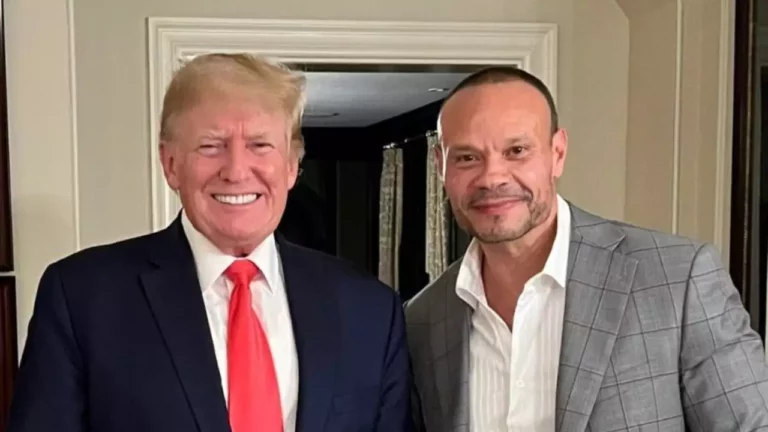In this week’s parsha, the Torah speaks about the sin of ona’ah. The first pasuk (25; 14) speaks about not victimizing another person, while using the loshon of achiv; your brother. Rashi interprets this as ona’as mammon (taking advantage of someone else through money).The second pasuk (25; 17) speaks about not harassing a person verbally. Rashi interprets that as ona’as devarim (verbal harassment). One shall not give his friend improper advice or annoy him. The gemarah (Bava Metzia 48) says that a person should not remind a convert of his parents past and say to them – ‘your parents used to eat treif’. Rabbeinu Yona says that the plain translation of the word ona’ah is pain; you can’t cause your friend pain-whether by the example of the gemarah or any another.
If you’ll notice, the first pasuk that mentions ona’ah uses the term ‘brother’ as opposed to the second pasuk, which does not. Firstly, why the change in loshon? Second, how does the gemarah know that each ona’ah corresponds to the way Rashi writes it to mean? Maybe it is the exact opposite, that the first pasuk it talking about ona’as devarim and the second about ona’as mammon?
Shela’ah says that since the first pasuk uses the term ‘brother’ it can’t be talking about ona’as devarim, since he is his brother he is in essence embarrassing himself. We can infer from here that the other pasuk must be talking about ona’as devarim and this pasuk is speaking by ona’as mamon.
In the aforementioned gemarah, we stated that one cannot remind a convert of his parents past-as to not cause him pain for it is a biblical transgression. The gemarah (Bava Metzia 84) relates the first encounter between Reb Yochanan and Reish Lakish, who was a bandit at the time. Reb Yochanan was bathing in a river when Reish Lakish jumped from a very high place all the way down into the river. Before Reish Lakish could do anything, Reb Yochanan commented and said: ‘you’re so strong; you should use your strength for Torah.’ Reish Lakish responded back ‘you’re so handsome; you should use your beauty for women’. Reb Yochanan countered back ‘if you use your strength for Torah, I will give you my sister to marry and who is prettier than I am’, to which he agreed. Reish Lakish then tries to jump back where he came from but he couldn’t. Chazal say that once he accepted to put his strength into Torah he immediately lost some of his physical strength.
Some time later there was a discussion in the Beis Medrash as to when certain kaylim (such as a sword, knife, etc.) are mekabel tumah. They came out that the Halacha is, only once the actual vessel is complete. The question arouse as to what is considered ‘complete’? Reb Yochanan said after it takes form and is run through a fire. Reish Lakish argued and said only after the fire when you dip it into water, is it considered complete. Reb Yochanan said back to him ‘a robber knows the tools of his profession.’ The simple meaning was you know better than I do. (The gemarah elaborates more on this…)
Asks the Maharshal, how was Reb Yochanan allowed to speak to Reish Lakish that way? He brought up his evil past and that is surely ona’as devarim?
The sefer Mayanei Hachochma on Bava Metzia answers beautifully.
Every single person has certain tendencies that he was born with and some that he creates on his own. These tendencies change and later on in life become ones natural inclination. There are times when these tendencies guide us in certain directions, good and bad. However, a person is expected to channel it towards a more controlled lifestyle. For example, you have a person who gets very excited. His natural tendency is to get really excited over anything. He has to channel this excitement to help him be excited for Torah, or when he performs a mitzvah. No matter what it is we have to guide it properly for avodas Hashem.
Reb Yochanan was giving Reish Lakish the ultimate compliment! He was telling everyone that he was once a robber. All the research and all his strength and all his knowledge that he previously used for bad has helped him transform to make a 180 degrees circle to now use them to understand Hashems Torah! Look how far you’ve come! That was the ultimate compliment that Reish Lakish could have received. At one point he used it in the negative and now he was using it for the positive.
We all have to recognize our strengths and realize our unique middos to channel them towards Torah. One must use his feelings, emotions, and behaviors-in a positive light-to accomplish the ultimate, so we can bask in the glory of Moshiach.
HAVE A GREAT SHABBOS.
WE NEED YOUR HELP TO CONTINUE. PLEASE CONSIDER SPONSORING AN ISSUE, FOR ANY OCCASION. FOR DETAILS EMAIL: [email protected].
For questions or comments please send an email to: [email protected]
To add a friend to this weekly email list please send a request to: [email protected]
CHECK IT OUT. IT’S NOW LIVE. LOOK UP ALL YOUR FAVORITE VERTLUCH AT: www.vertluch.com










